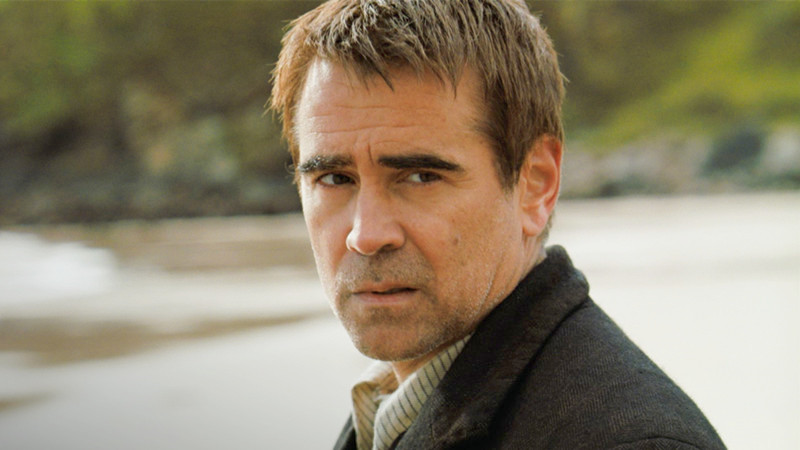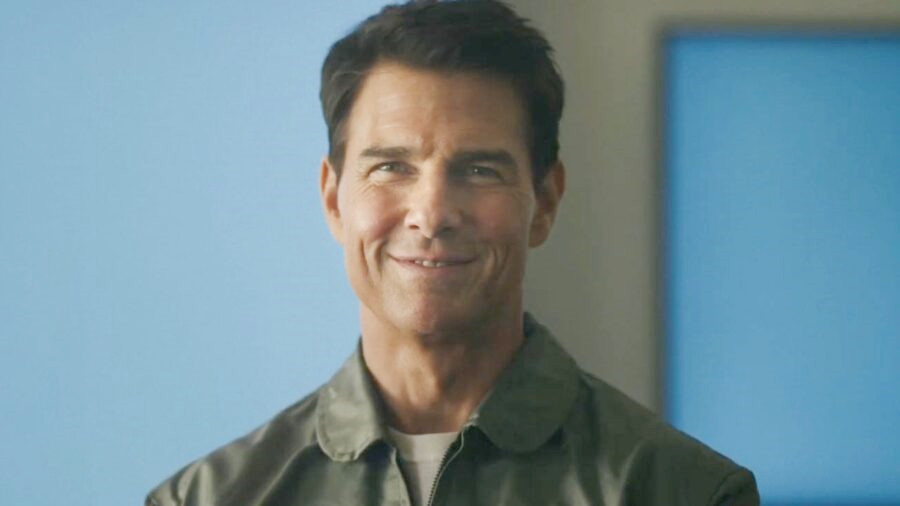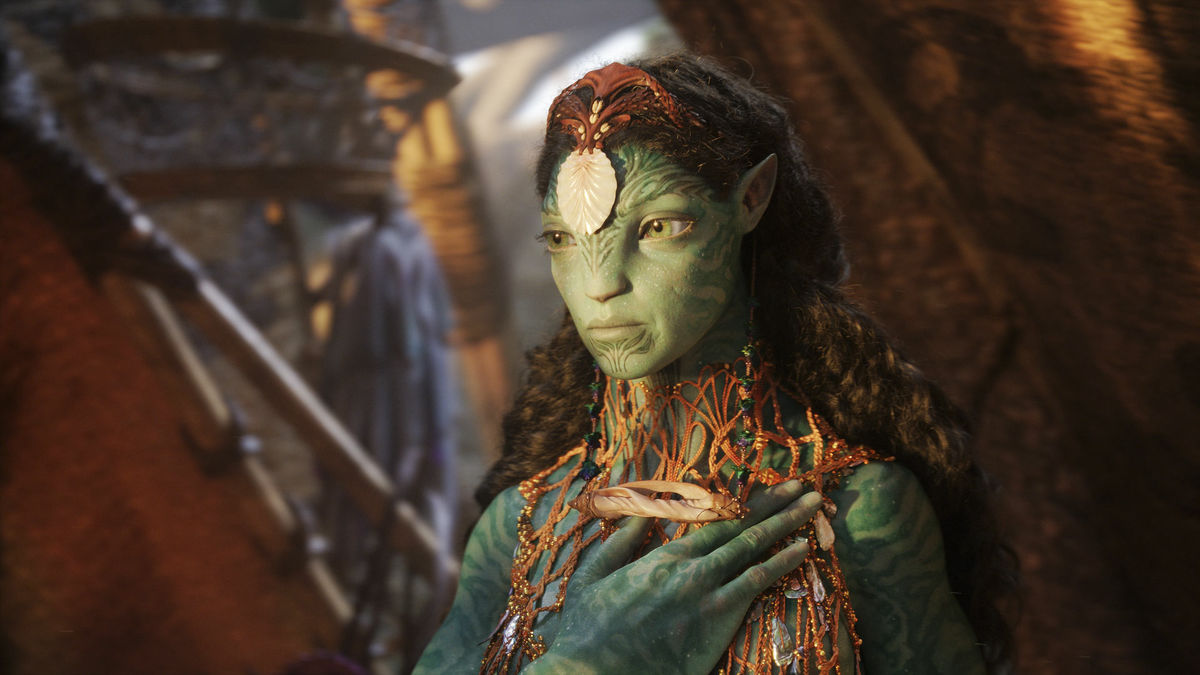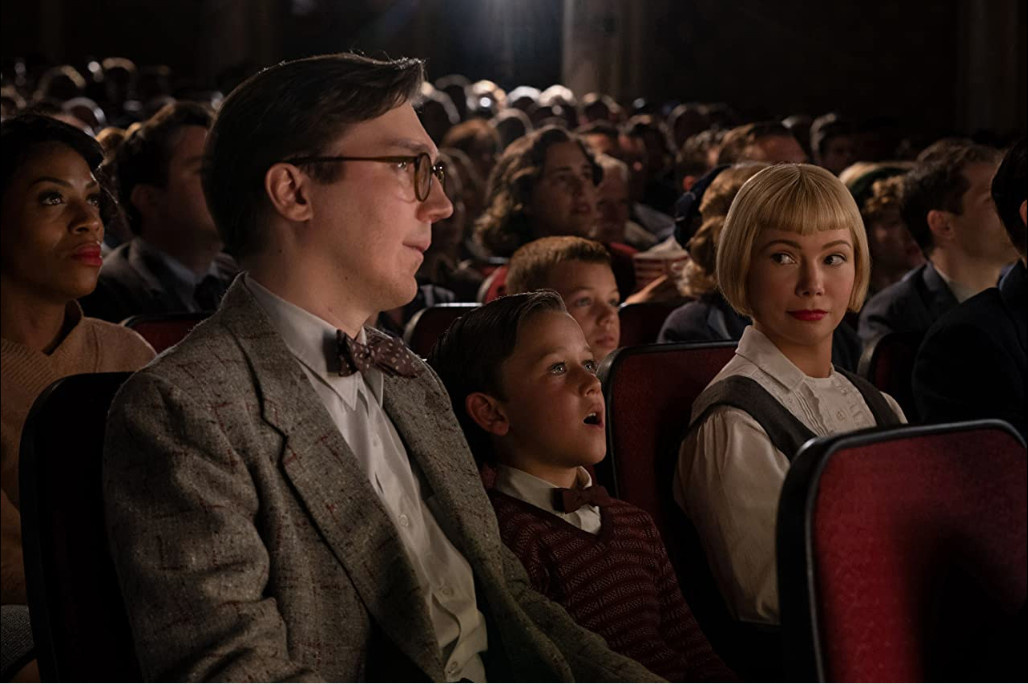
It’s that time of the year again. The nominations for the 95th Academy Awards have been unveiled, and with it a new crop of Best Picture candidates that will be looking to win the top prize in a few months’ time.
As usual, with this exciting news comes a heavy curtain of discourse that will unfold throughout as we approach the finish line of the awards race. Inevitably, there were a number of glaring surprises and head-scratching snubs across all 23 categories that will surely give plenty to talk about in the buildup to the March 12 ceremony. Fortunately, this year’s Best Picture line-up proved to be one of best and most eclectic in recent memory, full of Oscar-worthy titles that stretch from big-budget sequels that dominated the multiplex to unlikely indie darlings that unexpectedly won our hearts. If, like most people, you haven’t had time to catch up with all ten of the nominees, fear not. Here are our rankings of every film that was rewarded a Best Picture nod this year, from worst to best.
10. Elvis

Hate him or love him, you can’t accuse Aussie director Baz Luhrmann of ever lacking in ambition. His latest, an operatic biopic of the King of Rock ’n’ Roll told from the perspective of scheming manager Col. Tom Parker, is less interested in providing any new insights into its larger-than-life subject than engulfing viewers at a purely sensory level.
Shallow and overwrought though “Elvis” may be, it’s hard not to admire the sheer bravado with which Luhrmann swaggers through the film; essentially throwing everything at the wall to see what will stick. Not much actually does, but just enough to nab 8 Oscar nominations including Best Actor for Austin Butler, who seemed to win voters’ hearts with his method-acting tactics. As a regular biopic, the film can hardly be touted as illuminating, and by the umpteenth time it bounces back and forth between flashy montages, Luhrmann’s unwieldy maximalism turns into an unintentional parody of itself. And yet, the result is a cinematic train wreck so daring and provocative that you’ll have a hard time prying your eyes away from it.
9. Top Gun: Maverick

Naval aviator applications reportedly went through the roof in the following year to “Top Gun”, a pro-military recruitment bonanza starring Tom Cruise that became a smash hit back in 1986. In hopes of replicating the success of the original, the Department of Defense provided personnel and equipment—including F-18 fighter jets and aircraft carriers—in exchange for control of the sequel’s script and permission to install recruitment booths inside movie theaters for its premiere.
Rather predictably, “Top Gun: Maverick” hits a lot of similar beats as its Reagan-era predecessor, striking a chord with the masses with its keen focus on camaraderie, masculinity, and old-fashioned patriotism. Wacky Pentagon-approved politics aside, as far as summer crowd-pleasers go, Tom Cruise’s high-flying actioner is an undeniable feat on every technical front, boasting impressive practical effects, stunt work and rousing cockpit fights. It isn’t hard to understand why audiences have responded to the film, and the fact that it’s managed to squeeze into the Oscar race is largely owed to its role in revitalizing movie theaters by raking in almost $1.5 billion worldwide—no small feat in our post-pandemic age.
8. All Quiet on the Western Front

In stark contrast, Edward Berger’s German-language drama wisely refuses to glamorize the mind-numbing horror and meaningless nature of war, providing an unflinching portrait of life in the trenches through the lens of an idealistic teenager who enlists in the Imperial German Army circa 1917.
Based on the same novel as the 1930 Best Picture winner, “All Quiet on the Western Front” sticks closely to its source material despite making a few adjustments, some more successful than others. In hindsight, watching Netflix try to muscle into the Oscar race with “Bardo”, “White Noise”, and “Glass Onion” only to have this middle-of-the-road contender become its unlikely Best Picture hopeful has been nothing short of amusing. That’s not to say the film does not deserve all the nods it received, at least those in technical categories. Unfortunately, it wears its influences on its sleeve; making the eternal mistake of reminding you of similar yet better movies all-around. Gushing comparisons to Elem Klimov’s “Come and See” (perhaps the most enduring bleak antiwar movie ever committed to celluloid), are not completely without merit, but does it no favors.
7. Avatar: The Way of Water

After wasting the last 13 years weighting on the cultural impact, or lack thereof, of the 2009 record-breaking hit “Avatar”, moviegoers were swiftly reminded once again to never bet against James Cameron, a half-man, half-myth who came back to reclaim his box-office crown with “The Way of the Water”.
Catching up with Jake Sully, Neytiri, and the rest of the Na’vi clan, this long-gestating sci-fi follow-up immerses viewers in the alien world of Pandora, making good on its promise as a dazzling sensory spectacle that puts any of today’s CGI-fests to shame with its pioneering VFX tech and eye-popping vistas. Writing has never been Cameron’s forte, and the film’s generic plot and underdeveloped characters are certainly nothing to write home about. That being said, rarely do studio blockbusters feel as textured, wondrous, and transportive as “The Way of Water”—a $400 million vanity project that if nothing else, stands as concrete proof that even today, certain movies are meant to be experienced as big and loud as possible.
6. The Fabelmans

The divorce of Steven Spielberg’s parents has cast a long shadow over almost every entry in his decades-spanning catalog, from “Close Encounters” to “E.T.”, but never had this connection been made so explicit as in “The Fabelmans”, a bittersweet account of the director’s childhood that sketches his privileged upbringing in ’50s Arizona to his first cinematic endeavors as a teenager in Northern California, with a big emphasis on the turbulent relationship between his parents.
“The Fabelmans” is pretty much what one would expect a Spielberg prestige drama to be—masterfully crafted, passionate, and full of career-best performances, yes, but also self-aggrandizing and schmaltzy to a fault. The fact that several filmmakers, from Charlotte Wells to James Gray and Richard Linklater excavated their own hazy childhood memories within the past year does not help its chances. Neither does the fact that its nomination came over flawed yet braver meditations on cinema like “Nope” and “Babylon”. And yet, for all the film’s shortcomings, watching an eye-patched, cigar-smoking David Lynch steal the show in an unexpected cameo role as John Ford was one of this year’s purest delights.